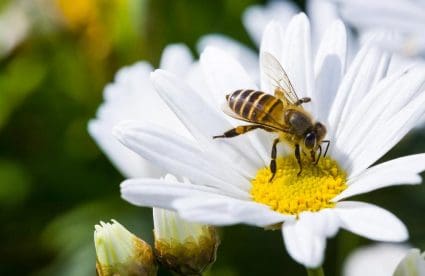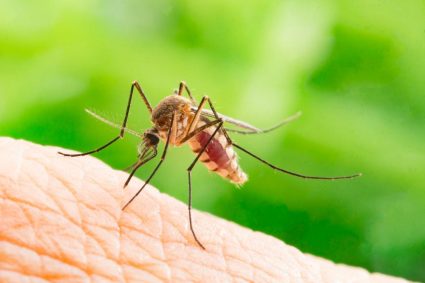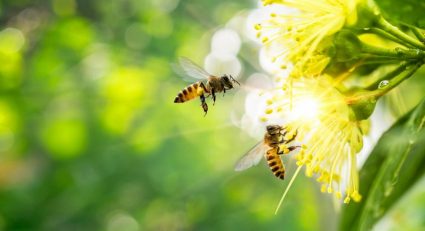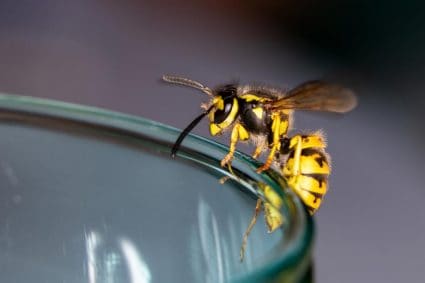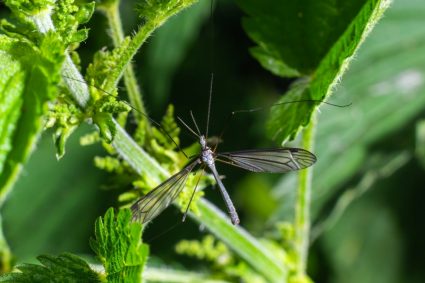
Squirrels, despite their adorable appearance, can be quite a nuisance. They can wreak havoc on your property, causing significant damage to your plants, garden, and even your home’s infrastructure. If you’ve found yourself at odds with these furry creatures, you’re probably wondering how to deter them effectively. This comprehensive guide will provide you with various methods on how to scare away squirrels.
To scare away squirrels, you can use natural repellents such as hot pepper flakes, cayenne pepper, or essential oils from herbs like peppermint and rosemary. Physical barriers like hardware cloth, aluminum foil, or chicken wire can protect your plants. Electronic devices that emit ultrasonic soundwaves or motion-activated sprinklers can also deter squirrels. Planting squirrel-repellent plants like daffodils, allium, and geraniums can keep them at bay. Regular maintenance and monitoring of your property can also help in scaring away squirrels.
Why Scare Away Squirrels?
Homeowners may want to scare away squirrels for several reasons:
- Property Damage: Squirrels can chew through insulation, wiring, and wood, leading to expensive repairs.
- Nuisance Behavior: They’re known to raid bird feeders, knock over trash cans, and scatter garbage around.
- Health Risks: While rare, squirrels can potentially carry diseases that could be transmitted to humans or pets.
- Garden Destruction: These creatures can dig up planted bulbs and damage flowers in gardens.
Humane Ways to Scare Away Squirrels
Use Natural Repellents
You can deter squirrels by using spices and herbs. For instance, squirrels dislike the smell and taste of capsaicin, which is found in hot peppers. Sprinkling hot pepper flakes or cayenne pepper around your garden or bird feeders can deter squirrels. Similarly, squirrels are repelled by the smell of certain herbs like peppermint, spearmint, and rosemary. You can plant these herbs in your garden or use their essential oils as a deterrent.
Use Physical Barriers
Using hardware cloth, aluminum foil, or chicken wire to protect your plants can be an effective method to deter squirrels. These materials can be laid over the soil or fashioned into cages around susceptible plants.
Install Electronic Devices
Devices that emit ultrasonic soundwaves at frequencies that bother squirrels can be used to keep them away. Motion-activated sprinklers can also be effective as the sudden movement and sound followed by a spray of water could frighten off a squirrel.
Plant Squirrel-Repellent Plants
Planting certain types of plants that squirrels dislike, such as daffodils, allium, and geraniums, can help keep them at bay.
Regular Maintenance and Monitoring
Maintain your squirrel-proof bird feeder by cleaning it regularly to prevent mold and bacteria growth. Monitor it for any signs of squirrel activity or damage. Adjust and reinforce deterrent features as needed to stay one step ahead of persistent squirrels.
Identifying the Effectiveness of Your Deterrent Methods
If your deterrent methods are effective, you should notice a decrease in squirrel activity around your property. This includes less frequent sightings of squirrels in the yard, garden, or attic, and fewer signs of their presence such as droppings or damage to plants and structures.
Times of the Year When Squirrel Deterrents Might Be More Necessary
Squirrel deterrents might be more necessary during certain seasons when squirrels are more active and likely to cause problems. In general, squirrels are most active during spring, late fall, and mid to late fall.
Preventative Measures
To decrease the appeal of your property to squirrels, homeowners can take the following preventative measures:
- Seal off entrances
- Remove food sources
- Incorporate natural repellents
- Install squirrel-proof bird feeders
- Use garden netting or a greenhouse
- Trim trees
Risks and Downsides of Scaring Away Squirrels
Be aware of the risks and potential downsides when attempting to scare away squirrels. These include the potential harm to squirrels, environmental and health risks, aggressive behavior, trapping complications, and ineffective methods.
Conclusion
While squirrels can be entertaining to watch, they can quickly become a nuisance when they start causing damage to properties, disrupting peace, and potentially posing health risks. Therefore, homeowners often find it necessary to scare away or deter squirrels from their properties. Remember, it’s important to regularly reapply repellents, especially after it rains, to maintain their effectiveness. Also, if you’re dealing with a significant squirrel problem, it might be best to seek professional help.
Frequently Asked Questions
What other plants can be used as squirrel repellents?
Other plants that can be used as squirrel repellents include hyacinth, marigold, and mustard. These plants emit a smell that squirrels find repugnant, thereby deterring them from your property.
Is it legal to scare away squirrels?
The legality of scaring away squirrels can vary depending on local laws and regulations. It’s always important to ensure that your methods are humane, and when in doubt, consult with local wildlife agencies or professionals.
Can I use commercial squirrel repellents?
Yes, there are commercial squirrel repellents available in the market. These usually contain ingredients like capsaicin or other compounds that squirrels dislike. Always follow the manufacturer’s instructions when using these products.
How often should I reapply natural repellents?
Natural repellents should be reapplied every few days or after it rains. The frequency may also depend on the severity of your squirrel problem.
What should I do if the squirrel problem persists despite my efforts?
If the squirrel problem persists despite your efforts, it might be best to seek professional help. Pest control services or wildlife specialists can provide more effective and long-term solutions.



